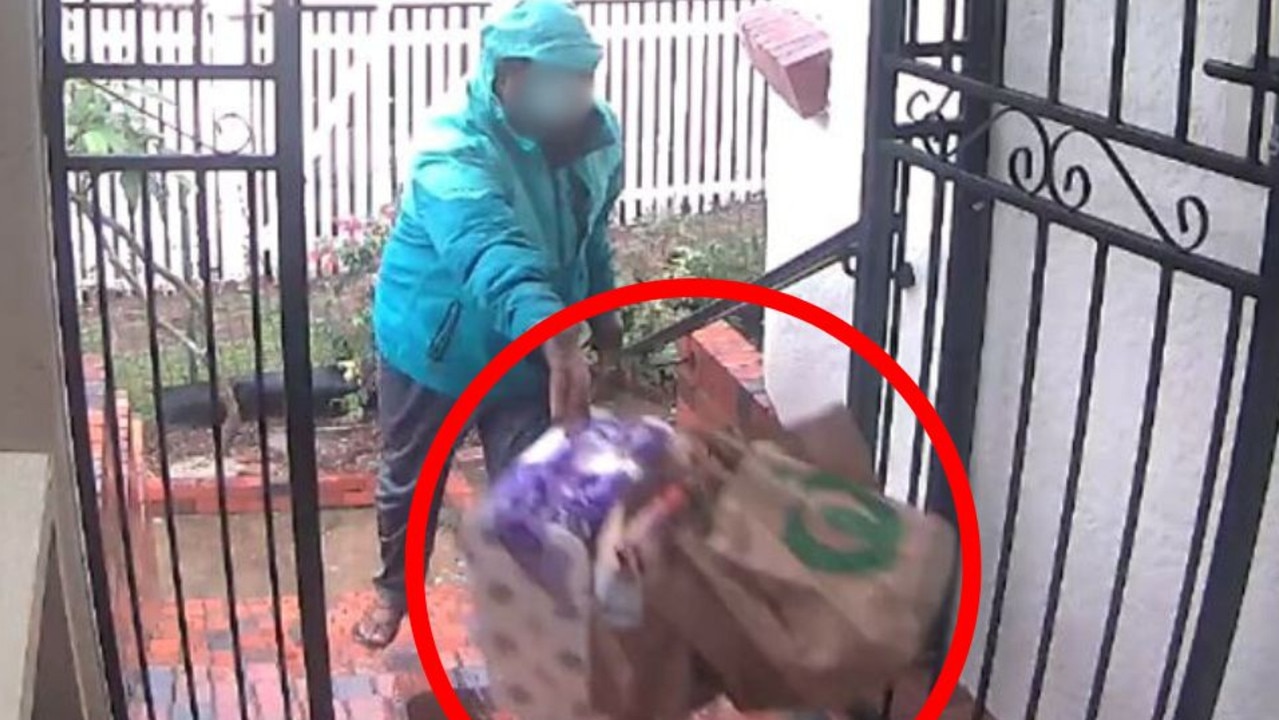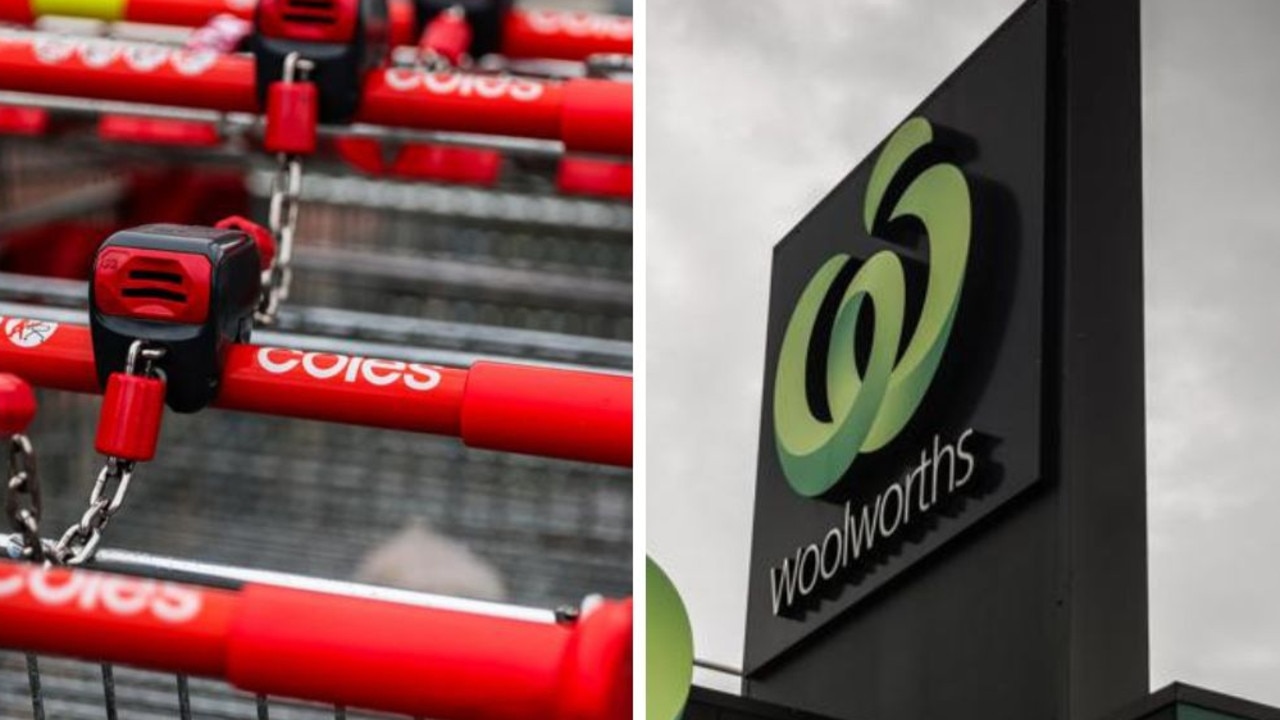Economic abuse: The subtle violence you may not even know you’re suffering from
Scores of Australians could be suffering from “sexually transmitted debt” or even worse — economic abuse. And yet, they may not even know it.

When we settle down into a relationship it’s common to share things — including our finances.
But could the person we love be taking more than their fair share and using that to control us?
It can be called “sexually transmitted debt” but, at its worse, it’s a form of domestic abuse being inflicted on hundreds of thousands of Australians — maybe millions.
And it can be so subtle many are unaware they are even victims until they are well on the road to be being homeless and penniless.
Experts in the field have said people are sometimes woefully unaware of the under-the-radar signs that something could be badly amiss in their relationships.
When we think of domestic abuse, many of us will assume it involves physical violence. But it doesn’t have to.
“Nationally, one in six women and one in 14 men have reported being victim of economic abuse and it can either occur with physical violence or be perpetrated separately,” said Associate Professor Jan Breckenridge of the University of New South Wales’ Gendered Violence Research Network, a group of academics looking into the causes of domestic and family violence. And it can lead to physical violence.
“How I would define economic abuse is that its is the use of a partner’s financial assets to control or manipulate that person. Financial abuse fits very squarely into domestic and family violence (DFV) and one of the issues there is the impoverishment of women.”

But for some suffering from economic abuse, even comprehending it’s occurring could be a challenge, said Prof Breckenridge.
“It’s not uncommon when you ask people of DFV doesn’t include physical violence if they are victims of domestic and family violence that they say no. But if you ask them about specific behaviours, such as do they control all of your money, they say yes. They may not see that as unusual,” she said.
Therein lies the second challenge, that in some relationships — healthy relationships — one partner may take on the administration of the bulk, or even all of, the finances.
“How do we know that what could be seen as a traditional gender structure relationship of financial management could become abusive?” she said.
According to a 2016 report by accounts KPMG, violence against women drains the economy of $22 billion annually, including healthcare costs, social services, being absent from or unable to work and reducing longer-term financial security.

SEXUALLY TRANSMITTED DEBT
Commonwealth Bank human resources director Sian Lewis told news.com.au that staff had seen customers come to a branch to query transactions on their bank account only to realise they might be victims of economic abuse.
“Typically, someone will come in and say I have this loan but I can’t pay it back, my partner bought a car in my name. Or money has been removed from my account, and I don’t know how it’s got so low,” Ms Lewis said.
“I have a joint account, many of us do We have joint mortgages, we might take out loans independently but both use the car. It’s difficult to see where a perfectly non-abusive relationship turns into one where you are being abused.”
She said CommBank had already spent $25 million helping victims deal with the emergency stage of DFV, when they are attempting to leave a relationship or start afresh. The company is now ploughing a further $5 million into a project to enable people who have experienced family violence to achieve financial independence in the long term. The Gendered Violence Research Network one of the partners in the project.
“If financial abuse goes on too long you end up with ‘sexually transmitted debt’, debt which belongs to a partner but you’re liable for which can lead to some bad situations, especially with children. We’ve heard of some women not eating because of a lack of money,” Ms Lewis said.
Financial abuse can often be a precursor to physical violence, while between 75 and 90 per cent of women who report physical violence say economic abuse was occurring at the same time.

SUBTLE SIGNS OF ECONOMIC ABUSE
So, what are the signs that your partner — or even your carer or children if you’re elderly — is inflicting economic abuse?
It’s not hard and fast, Prof Breckenridge said, but if you’re finances are being controlled against your will or you have a lack of agency, then it could be happening.
“There are three key ways: financial control, financial exploitation or sabotage of work or study which limits economic opportunities,” she said.
“A perpetrator might withhold money, track the other person’s spending online, give them no access to their own accounts or create debts.”
It can be subtler. Maybe they’ve changed the passwords on the joint account and haven’t given the new one to you. Or you’re asked to work in the family business with no pay. Your opinions could be ignored on major financial decisions. You could be asked to do chores in return for money.
“Those financial arrangements can be used to perpetrate abusive behaviour as people are given no access to resources. They can’t go out if they have no money for the bus. They can stop people having any agency over how they manage their lives.”

It can go further. Preventing a partner from retraining so they can get a job and financial independence.
“Destroying a phone is a big one. If there’s no access to the internet at home, and no phone, they don’t’ have access to support,” Prof Breckenridge said.
The financial abuse can go on even after a relationship has broken down. The ex-partner might trash the home before an open house, meaning they can’t move on and they may find it difficult to rent somewhere else because of the damage.
If the partner has put loans in their name, their credit rating may suffer.
“When women leave, they often leave with nothing, and it’s usually women that do leave,” said Ms Breckenridge. “If you’re financially insecure and you’re left with nothing, it’s harder to stay away from the perpetrator, and that’s when people say, ‘Well why didn’t you leave?’”
Financial literacy was one important area and could help people spot the warning signs of abuse
“It’s not necessarily about looking for it but being aware that sometimes financial stress is an indicator that something is not OK,” Prof Breckenridge said.
Ms Lewis said there were limits to what a bank could do for victims of violence in the home.
“We’re not the right people to ask about how to respond to DFV, but we can offer advice and guidance,” she said. “The questions you should ask yourself and we can help people decide if they feel comfortable and seek further help.”
What about relief from debts racked up in their names? Or interest-free loans for people trying to get back on their feet?
“It really depends on the position they are in, but we have a hardship team and if people are struggling to pay debt, we will work with them so they are in a suitable position to move forward,” she said.
“Financial assistance is about autonomy and independence as much as it is about debt.”
If you or someone you know is affected by domestic violence, please call 1800 RESPECT (1800 737 732). In an emergency, call triple-0.




